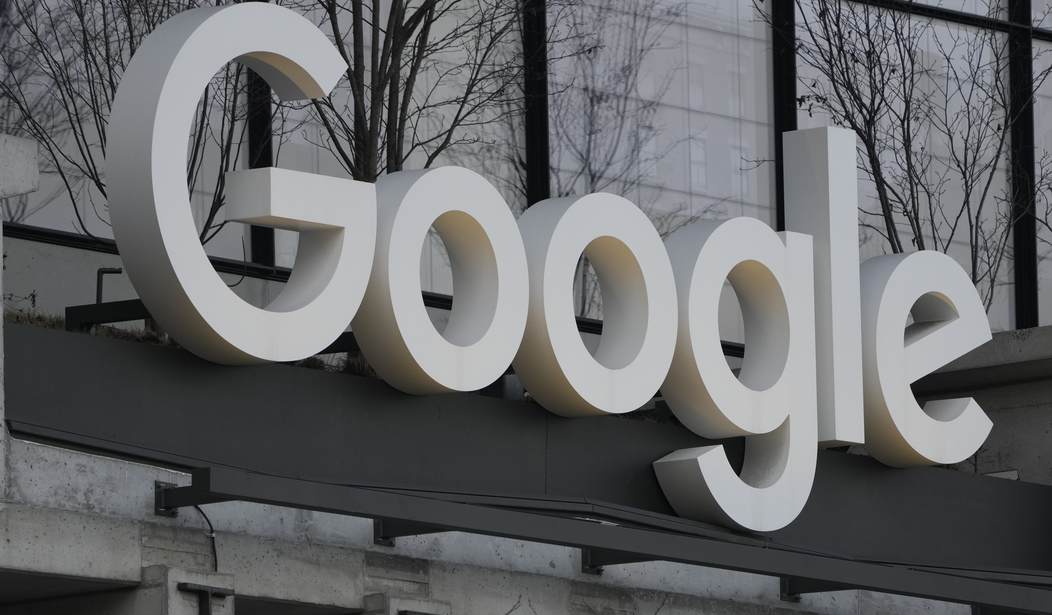Americans rightfully have significant expectations when it comes to privacy. We have constitutional protections against government overreach but we're more exposed to Big Tech companies like Google. Texas’ $1.375 billion settlement against Google for harvesting location, biometric, and search data without consent has achieved a victory for Texans and further exposed Google’s surveillance empire, but Americans at large are still at risk. Conservatives must demand better data privacy reforms from state and federal governments to stop Google as it continues to undermine data privacy through ad tech tracking, AI data grabs, and lobbying efforts against privacy laws.
The two lawsuits filed in 2022 against Google by Texas Attorney General Ken Paxton alleged that the company illegally tracked users’ location despite the feature supposedly being off, and it also collected voices, faces, and incognito mode browsing searches without knowledge or consent. “In Texas, Big Tech is not above the law,” Paxton declared after the court decision.
Despite making the large payout, Google has denied any wrongdoing and will not be required to make any product changes. Regarding the lawsuits, spokesperson José Castañeda says Google is “pleased to put them behind us, and we will continue to build robust privacy controls into our services.”
While the settlement may seem monetarily consequential, Google more than likely is unperturbed by the financial hit with its annual income of nearly $350 billion. The Big Tech company’s behavior related to other data issues provides evidence that it will continue its digital theft.
In a separate antitrust trial, Google DeepMind vice president disclosed that web content opted out from AI model development will still be used to train Google’s search engine AI features. Publishers and content creators say these AI search summaries stop users from visiting their sites, reducing both traffic and revenue. Publishers are forced to decide between feeding Google’s AI search abuse or opting out of Google’s search indexing monopoly entirely.
Recommended
Regarding its ad tech business, Google had set up project Privacy Sandbox to address privacy issues in online advertising by reducing the use of third-party tracking cookies which follow users across the web for advertisement targeting. After speaking with the ad industry and others, Privacy Sandbox VP Anthony Chavez said the “divergent perspectives” brought up in these talks shifted them away from the original policy of creating a standalone prompt for users to opt out of third-party cookies. Google Chrome users can either accept that their activity will be tracked and sold, or they can use incognito mode to block these cookies. But as Ken Paxton revealed, incognito mode is not to be trusted.
California is attempting to protect user privacy in digital advertising through Assembly Bill 566 which would force businesses to let consumers opt-out. Big Tech giant Google is opposing the bill by ironically appealing to small businesses saying it would make it more expensive to reach customers with digital ads. However, it is more than likely that Google is the one with the most to lose if these measures are introduced.
In April, a federal judge ruled that Google had monopolized portions of the ad tech market and thus violated antitrust law. The lawsuit, brought by the Department of Justice along with some U.S. states, claimed Google inflated advertising costs and controlled critical advertising infrastructure allowing it to gain an advantage over competitors. Google is obviously invested in users being unable to opt out of tracking because it maintains the largest share of the resulting profits.
Texas, thanks to the IAP-promoted Attorney General Venue Act - which is now law - and the efforts of Attorney General Ken Paxton, has shown that it’s possible for states to impose costs on Big Tech companies when they neglect to respect Americans’ privacy online. However, this victory does not signal the end of the war over digital freedoms. Google is undeterred as it pursues dominance in ad tech and data collection for its AI. Thankfully, the Department of Justice is joining the fight by advocating for a breakup of Google’s ownership of Chrome. Conservatives, from red state leaders to federal policymakers, must relentlessly hold Google, Big Tech, and rapidly expanding AI powers accountable, ensuring they stop trampling the privacy rights of Americans whose data fueled their meteoric rise.
Caleb Larson is a cybersecurity researcher, policy analyst with the Internet Accountability Project, Heritage Foundation alum, and contributor at The Federalist where he writes about cybersecurity-related issues facing the United States.
Editor’s Note: Do you enjoy Townhall’s conservative reporting that takes on the radical left and woke media? Support our work so that we can continue to bring you the truth.
Join Townhall VIP and use the promo code FIGHT to get 60% off your VIP membership!

























Join the conversation as a VIP Member